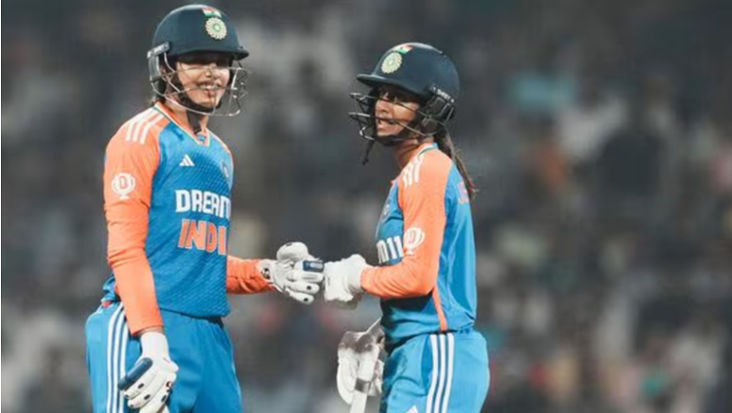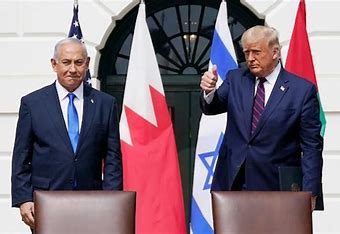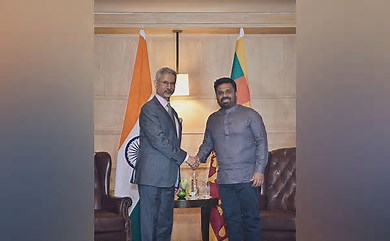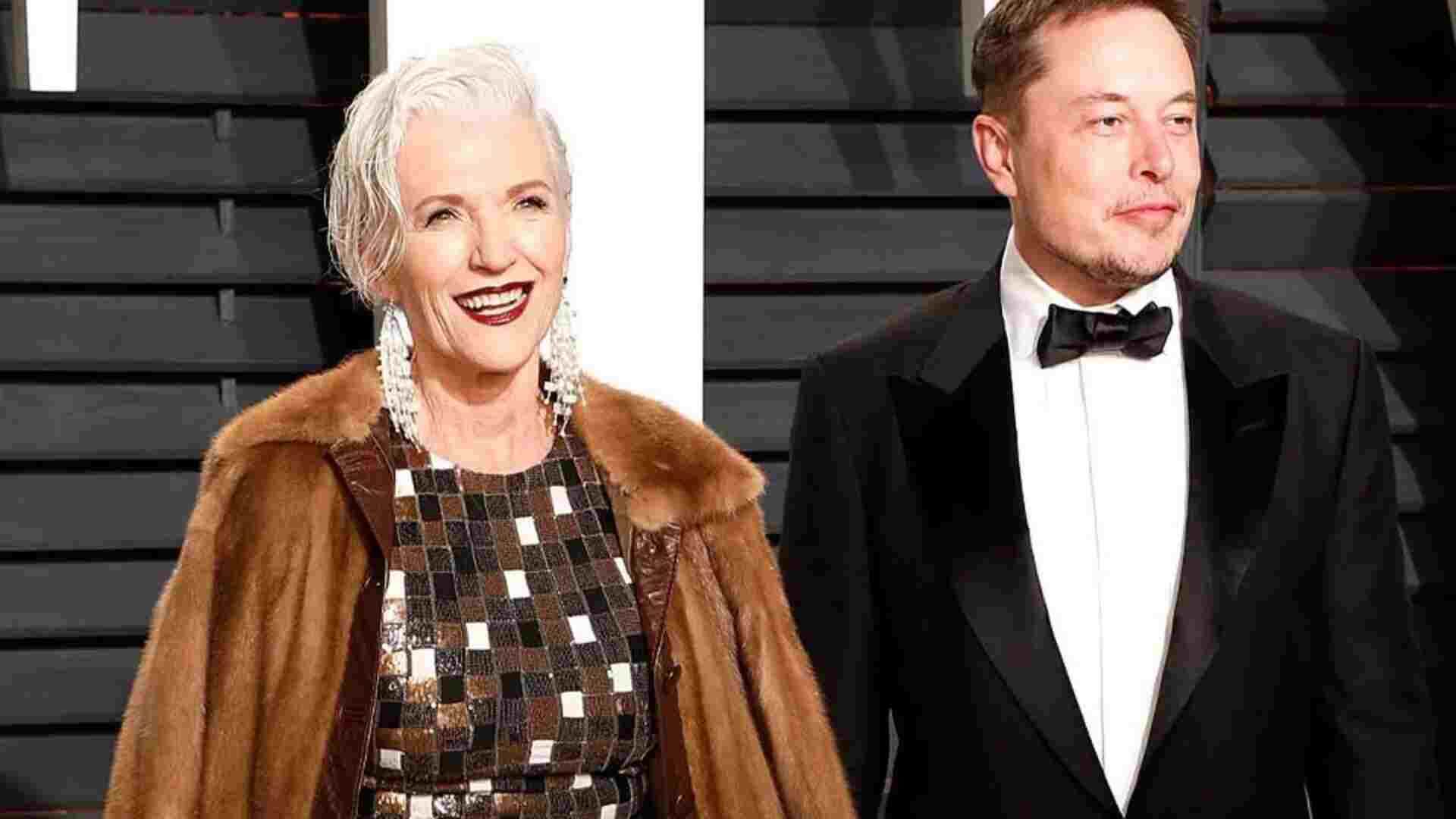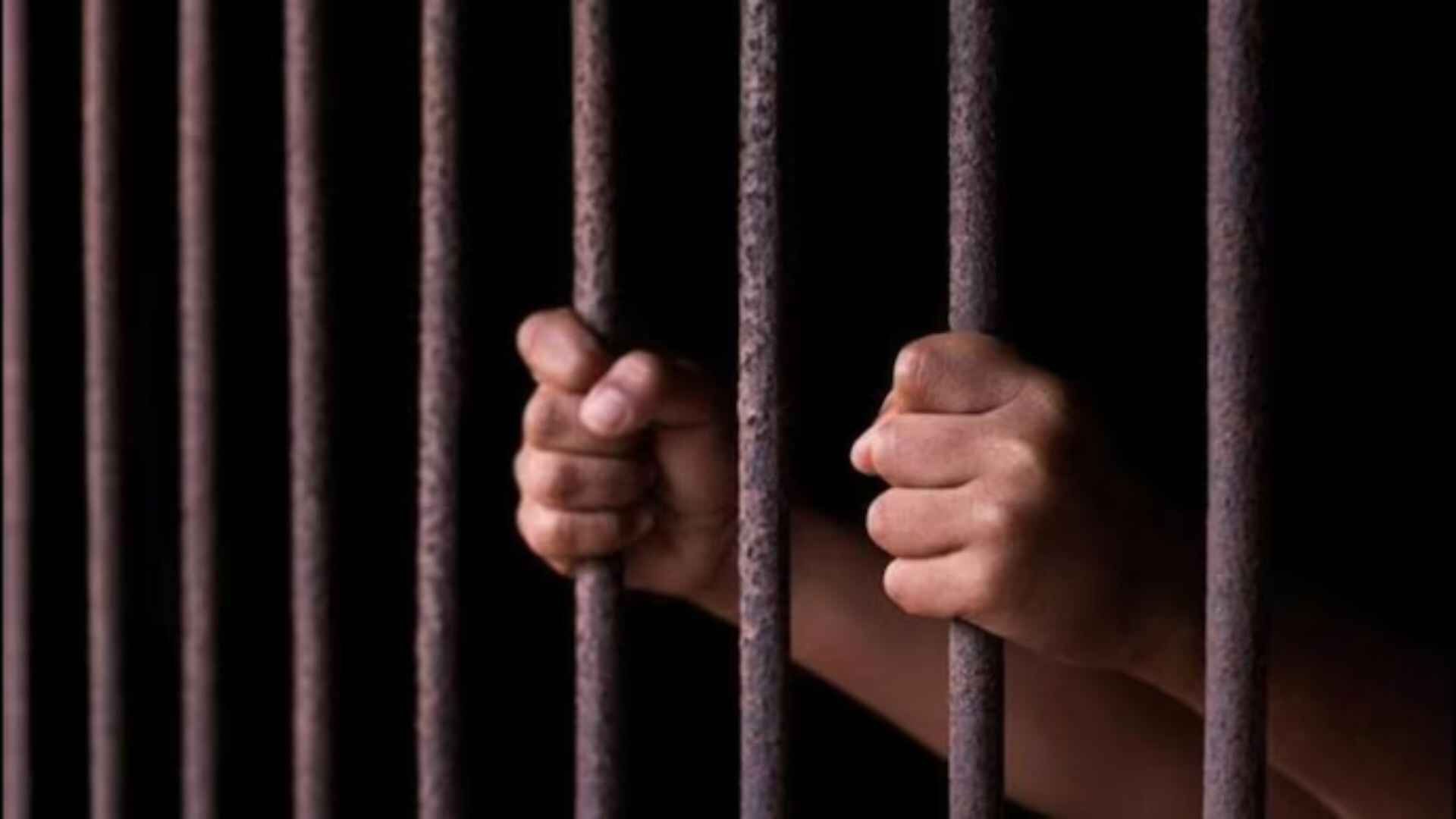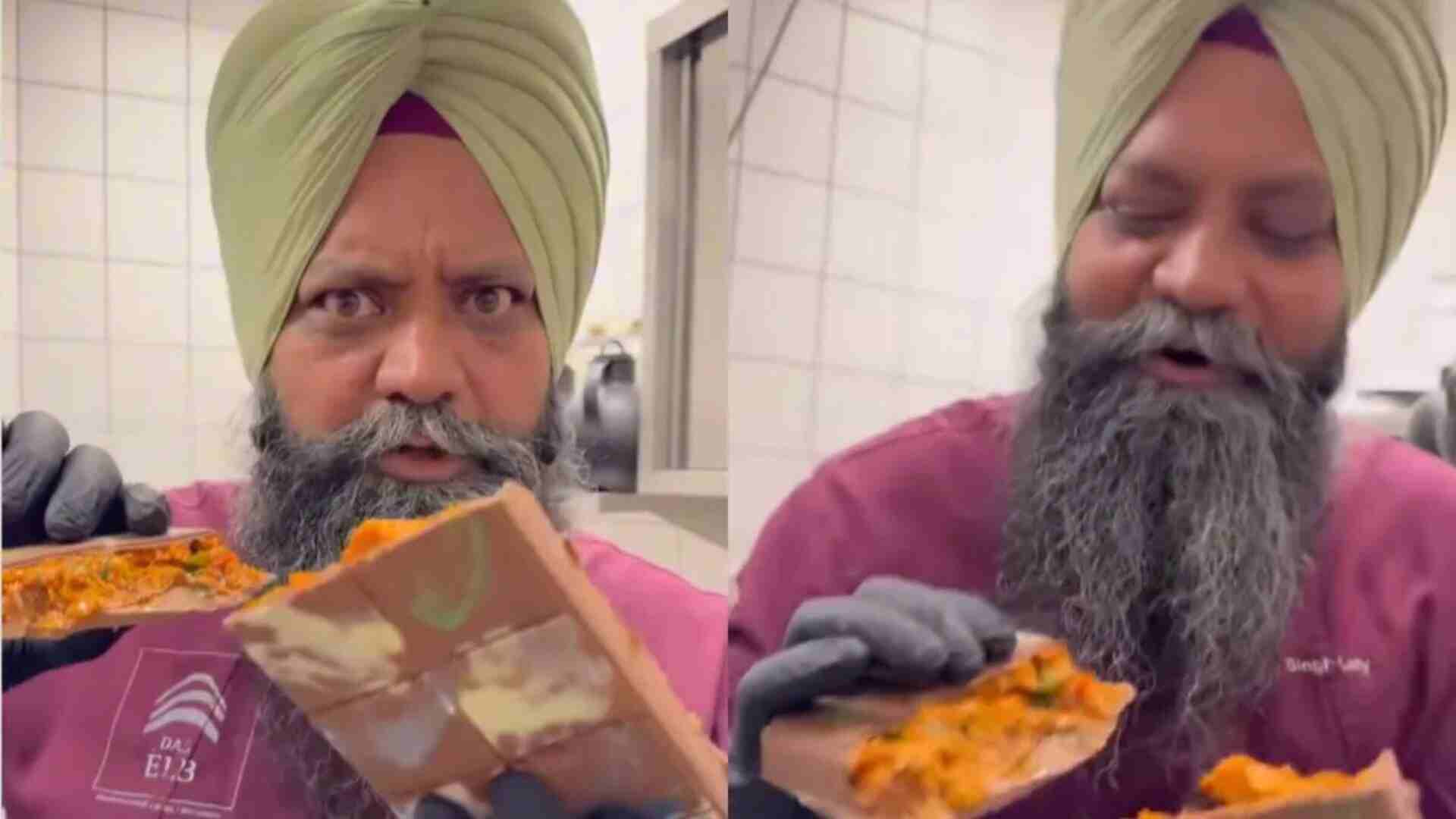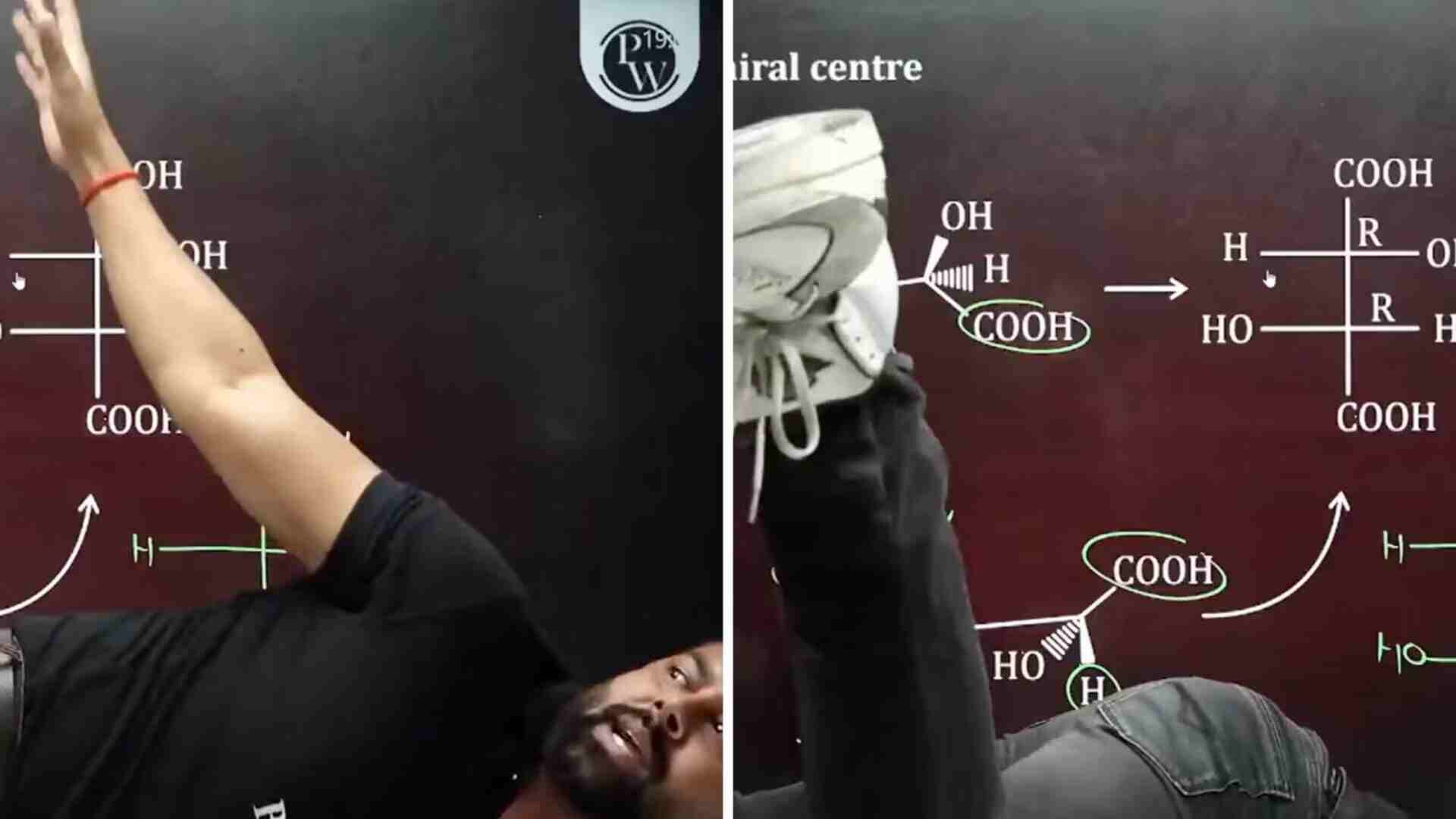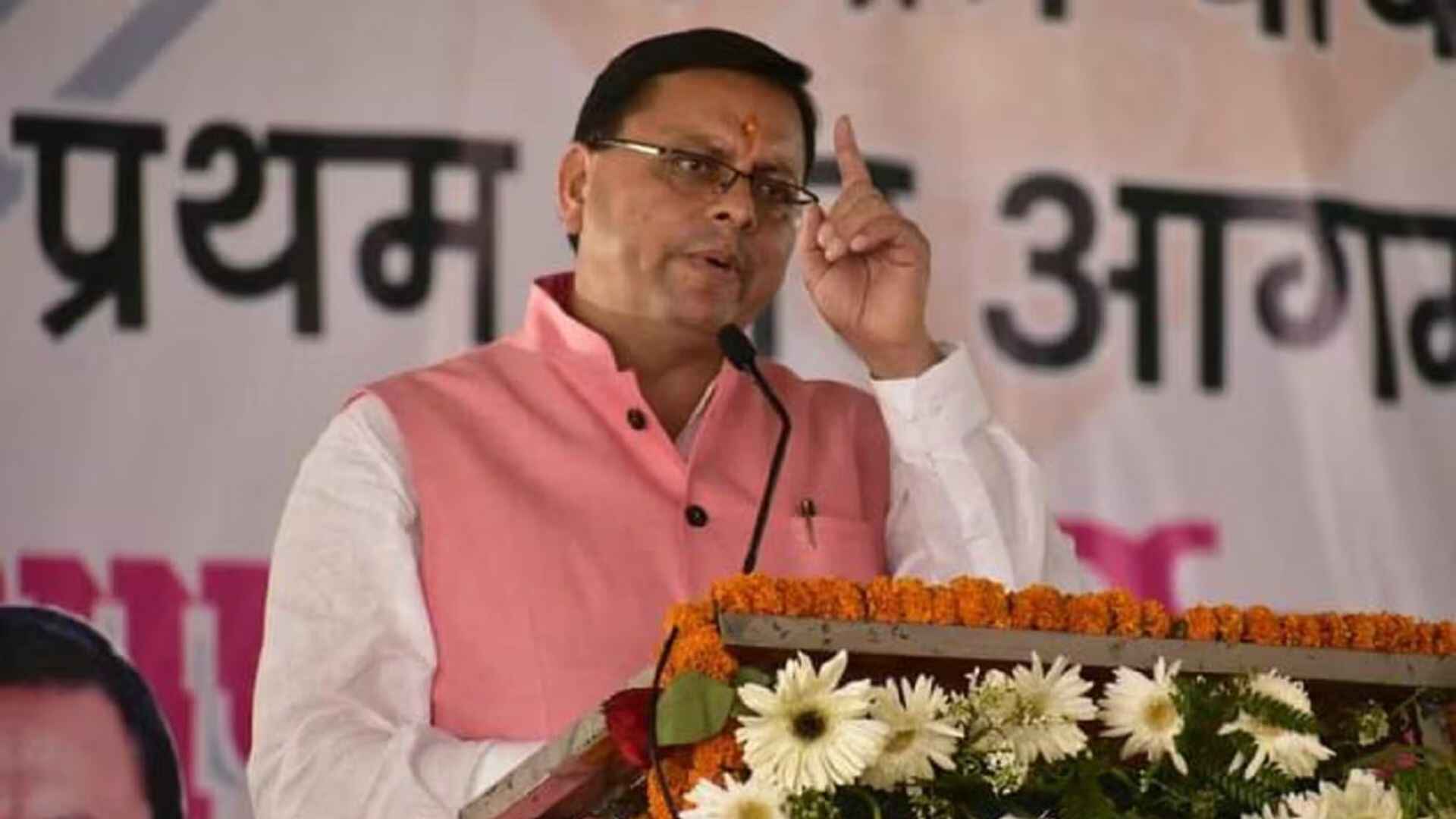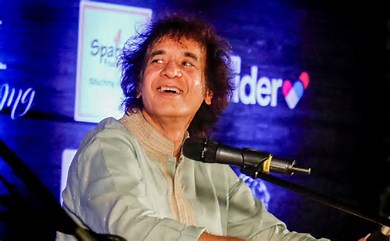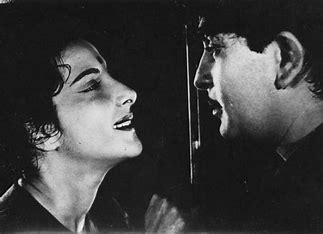
Even as the entire Nation is paying rich tributes to Raj Kapoor, regarded as the greatest showman of the Indian cinema, on his centenary, there can be no denying that several key members of his team such as music composers Shankar Jaikishen played a stellar role in creating the aura that surrounds the filmmaker. In fact, it would not be any exaggeration if one was to make a sweeping statement that if there had been no Shankar Jaikishen, there would have been no Raj Kapoor who made some brilliant movies but for the younger generation, his films are best remembered for the music which is not only evergreen but connects the audiences to the legacy of the Producer, Director and Actor. There is no doubt that Raj Kapooor had a great ear for music and melodies but it were Shankar and Jaikishen and the lyricist pair of Shailendra and Hasrat Jaipuri, who provided the reason for the hits which came out under the banner. It is evident that Raj Kapoor was immensely talented and after being prodded by his thespian father, the late Prithviraj Kapoor, took to production and direction while he was still in his twenties.
Out of the trio of Dilip Kumar, RK and Dev Anand, it was Raj Kapoor who established his own company and hired young and budding technicians and musicians to constitute a formidable team. Shankar and Jaikishen were employees of the Prithvi theatre and also served as assistants to Husnlal Bhagatram, the first musical duo of the industry, when Raj Kapoor was looking for a someone who could bring a whiff of freshness to the industry. Ram Ganguly had already scored the music for his maiden film, “Aag’’ but the spark was missing. Thus when “Barssat’’ was released with SJ making their debut, the grammar of music changed. Every song of the fiim from “Hawa Mein Udta Jaye, mera Lal Dupata Mall Mal ka’’ to “Main Zindagi mein hardam rota hi raha hun’’ took both Lata Mangeshkar and Mohammad Rafi to new heights. The SJ genre of compositions was youthful and it easily connected with the post-Independence generation. Its hallmark was the Orchestration which fitted into the situation and also caught the imagination of cinegoers. After Barsaat there was no looking back and Raj Kapoor made innumerable movies where SJ were constant except in “Jagte Raho’’ where Salil Chaudhury was brought in and in “Ab Dilli Door Nahin’’, it was Dattaram, wo was SJ’s chief assistant. The Awara songs became such big hits and when Yuri Gagrin, the first man in space visited India, he greeted Raj Kapoor by singing “Awara Hoon’’. In Shri 420, SJ excelled themselves and the title song, “Mera Joota hai Japani’’ became an international hit.
All other songs from “Ramaiya Vasta Vaiya’’ to “Mud Mud ke na Dekh’’ created history. Shankar Jaikishen thus became the first composers in the industry to command a price of Rs one lakh per film and in the 1950s when Music was the King, they became the Emperors even though they faced stiff competition from Naushad, SD Burman, Roshan, C. Ramachandran, OP Nayyar, Sajjad, Madan Mohan, Ravi, Roshan, Hemant Kumar etc. Raj Kapoor’s image of a tramp inspired by Charlie Chaplin was brought to life by the duo through their compositions which always stood out. The yardstick of SJ’s popularity was best measured in the Binaca Geet Mala programmes, where in one particular year, they had composed the music of the nine out of ten top songs that were broadcast. SJ always reserved their best for RK though it’s a different story that while they won many awards, the only RK film, which got them a Filmfare award was “Mera Naam Joker’’ whose background score in particular remains, incomparable. The songs were a big hit though the movie did not do well at the box office. During the meeting with the Prime Minister, the entire Kapoor clan, which met him last week, also spoke about the showman, and his daughter Rima Jain referred to a song from Shri 420, where the last lines were “Tum na Raho ge, Hum Na Rahenge, phir bhi rahengi yeh nishaniya’’. The lines were a part of ‘Pyar Hua Ikrar hua’ sung by Manna Dey and Lata Mangeshkar and filmed on Raj Kapoor and Nargis, who were the most sought after and admired romantic couple of the 1950s. Raj Kapoor always considered singer Mukesh to be his onscreen voice but according to music composer Shankar, Manna Dey had a voice which had the closest resemblance to that of Raj Kapoor but at his insistence, the songs were composed keeping Mukesh in mind. Art Director MR Archekar, Sound Recordist Allaudin and Radhu Karmakar, the cinematographer were key players in RK productions.
The SJ association with RK ended after the demise of Jaikishen in 1971 and while making “Bobby’’, Raj Kapoor opted for Laxmikant Pyarelal. There were some reasons for this decision. Mukesh who was very close to RK was cut up with Shankar, who advised the Showman against using Nitin Mukesh as the playback singer for Rishi Kapoor in “Mera Naam Joker’’. According to Shankar, who died in 1987, a year before Raj Kapoor passed away, Mukesh was the one who took Laxmikant Pyarelal to RK and hoped that he would be able to compel them to use Nitin for Bobby. Raj Kapoor would have none of that and opted for a new singer Shailendra Singh, whose songs became big hits. Shankar felt betrayed by Mukesh but continued to remain in touch with RK who ensured that the music of his films in the post SJ era, also had their style. “Hum Tum Ik Kamre Mein Band Ho Jayen’’ from “Bobby’’ and “Sun Baba Sun’’ in Ram Teri Ganga Maili, had shades of SJ.
